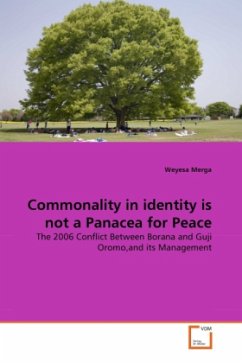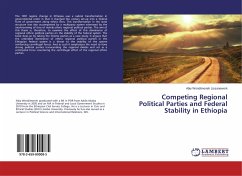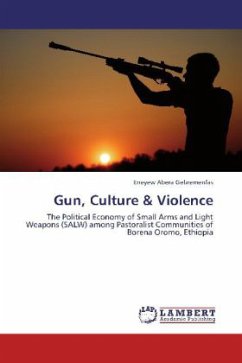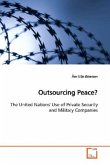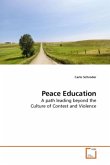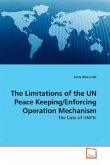The Guji and Borana are two groups of people belonging to a common nation, the Oromo. However, they have often fought with each other. Conflicts between the two have a long history. The conflicts in the earlier periods are mostly assumed to be the results of competitions over grazing land, and thus, regarded as pastoralist and agro-pastoralist conflicts. The major recent conflicts between the two communities were those of 1974, 1991, and 2006. These conflicts are said to have underlying political causes-land tenure, and raiding and counter-raiding issues which have been exploited by the governments in power during different periods. Nevertheless, these conflicts have never been comprehensively studied,perhaps because of their sensitive natures. Particularly, the 2006 conflict between the two appears to be of slightly different nature which by then was not well understood by many. This work, therefore, provides an account on the conflict and discloses its overall nature. In light of this,it examines the nature, causes,actors, and dynamics of the 2006 conflict between the Guji and Borana Oromo, and the efforts made in managing it.

